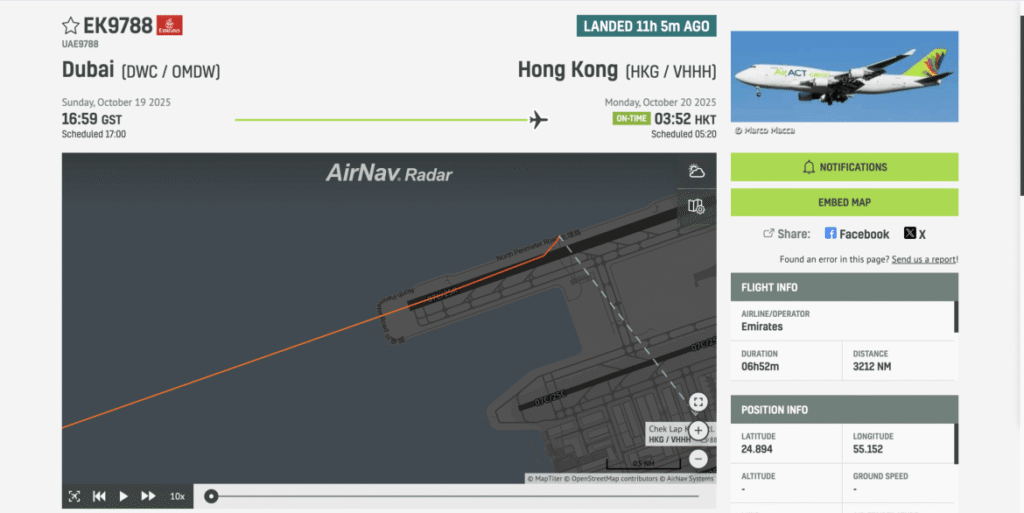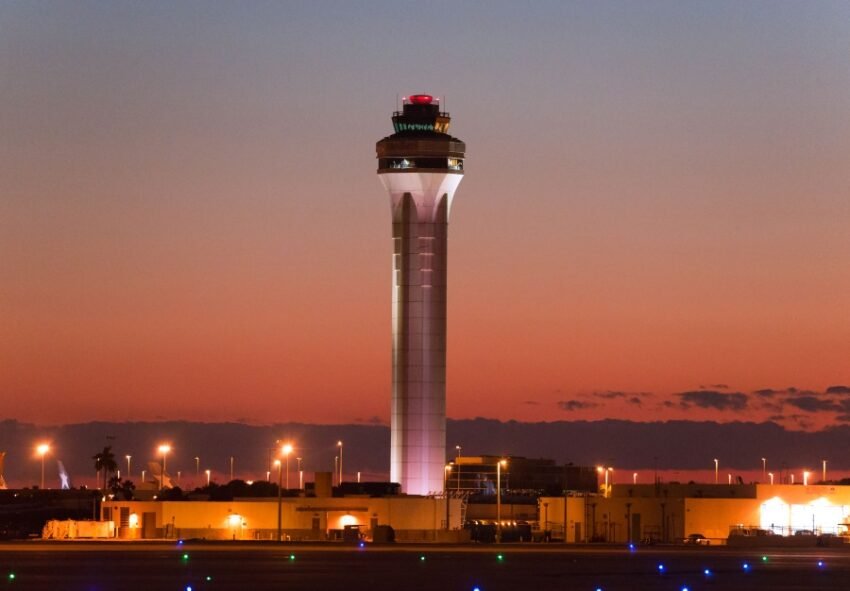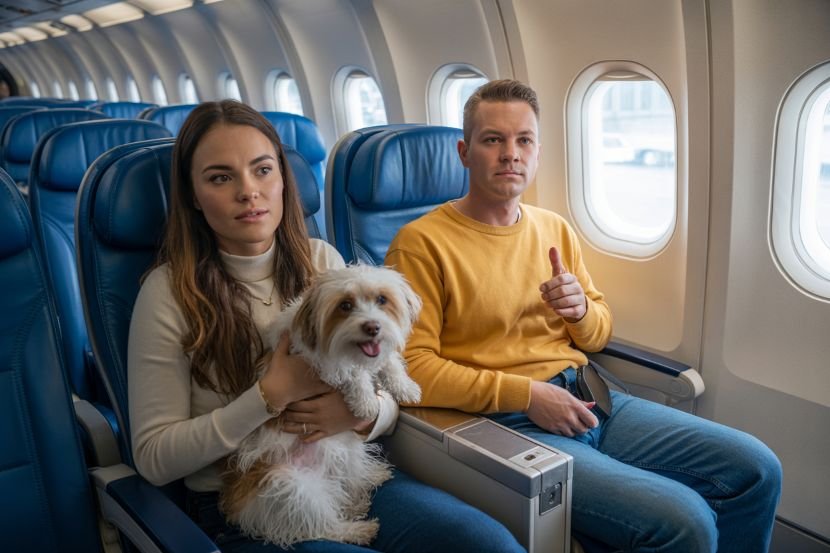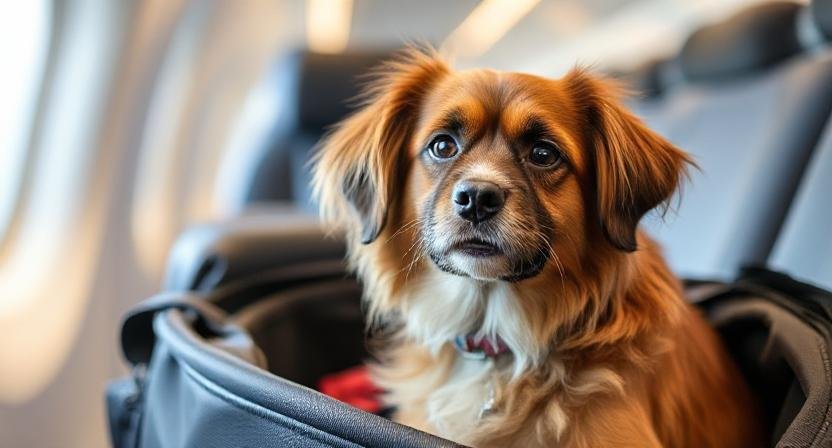Published on
October 23, 2025

In a landmark ruling by the European Court of Justice (ECJ), it has been clarified that pets travelling in aircraft cargo holds can be legally classified as baggage under the Montreal Convention, the global treaty governing international air travel liability. This decision carries significant implications for airlines, passengers, and the growing segment of pet travellers across Europe. The case emerged from a long-standing legal battle involving Iberia Airlines and the loss of a dog named Mona during a flight from Buenos Aires to Barcelona. Following a six-year legal process, Europe’s highest court declared that pets transported by air are subject to the same liability standards as checked baggage. The ruling effectively means that airlines are not required to pay higher compensation for the loss of a pet unless the passenger has declared special value prior to travel. This clarification, while legally sound, has triggered emotional debate among travellers and pet owners about the status of animals in aviation and the need for better airline policies and safety protocols for companion animals during flights across European destinations.
Europe’s Landmark Decision on Pets in Air Travel
The European Court of Justice has issued a decisive judgment that reshapes how pets are treated under international aviation law. The court’s decision was rooted in a case involving the disappearance of a dog named Mona, who was being transported in the cargo hold of an Iberia Airlines flight. The incident occurred during a journey from Buenos Aires, Argentina, to Barcelona, Spain, when the pet, enclosed in a special crate, managed to escape while being transferred to the aircraft. Despite a widespread social media search campaign, Mona was never found.
The owner, identified as Felicisima, sought €5,000 in compensation for emotional distress and non-material losses resulting from the disappearance. While Iberia Airlines accepted responsibility for the mishap, it disputed the compensation claim, citing the limits set by the Montreal Convention. The airline argued that pets transported in the cargo hold are legally equivalent to baggage, meaning compensation should not exceed the convention’s liability cap unless a higher value declaration was made prior to the flight.
The Legal Framework: Understanding the Montreal Convention
The Montreal Convention, an international treaty adopted in 1999, regulates airline liability for passenger injury, baggage loss, and cargo damage in international flights. The convention defines the rights and responsibilities of both airlines and passengers. It draws a clear distinction between passengers, baggage, and cargo, with specific financial limits placed on compensation.
Under this framework, compensation for lost baggage is capped unless the traveller declares a higher value and pays a supplementary fee before departure. The European Court of Justice relied on this principle to interpret the case involving Mona, concluding that since pets are not categorized as passengers under aviation law, they fall under the same classification as checked baggage. This means compensation is limited to the standard rate applicable for lost or damaged luggage.
This interpretation aligns with the legal text but raises ethical questions about whether living animals should be subjected to the same liability terms as inanimate objects. Nonetheless, the ruling provides legal certainty for airlines and courts across European Union member states, ensuring consistent application of international air travel law.
The Case That Redefined Pet Travel Liability
The incident involving Mona became a pivotal moment in European aviation law. The six-year legal battle that followed reflected the growing tension between emotional attachment to pets and the rigid legal framework governing air travel. Felicisima’s case captured public attention as it highlighted both the emotional trauma of losing a pet and the complexities of seeking redress within international aviation law.
While the European Court of Justice acknowledged the distress caused by the incident, it emphasized that its role was to interpret the law, not to redefine it. The court ruled that pets, while valued companions, do not hold the legal status of passengers. Therefore, the same liability limits applicable to baggage losses must apply to animals checked into cargo holds.
This decision has far-reaching consequences for passengers across Europe who choose to travel with their pets by air. The ruling reinforces the need for travellers to be fully informed about airline policies, cargo conditions, and the limitations of compensation under international treaties.
Impact on European Airlines and Travellers
Following the judgment, European airlines are expected to revise their communication with passengers transporting pets, ensuring that liability clauses are clearly explained during booking and check-in. For air travellers within Europe, this means understanding that unless a special declaration of value is made, compensation for a lost or injured pet will remain limited.
The ruling could also encourage airlines to enhance their animal transport protocols to avoid reputational damage. In recent years, pet travel has become an integral part of tourism, with more travellers opting to bring their companions on both domestic and international trips. The European travel industry, particularly in pet-friendly destinations such as France, Spain, Germany, and Italy, is witnessing a rise in services tailored for animal-inclusive travel.
However, this judgment serves as a reminder that emotional value is not recognized in legal compensation frameworks. Pet owners planning international travel are now advised to consider special insurance or declaration options to protect themselves financially in the event of loss or mishandling.
Broader Implications for Air Travel and Tourism in Europe
The European Court of Justice’s decision reflects a growing need for balance between legal clarity and humane considerations in global air travel. As Europe continues to position itself as a leading hub for responsible tourism, the safety and welfare of animals in transit have become a matter of public concern.
Tourism boards and aviation regulators across the continent may now face increased pressure to introduce enhanced welfare guidelines for animals transported via cargo. This includes improved climate-controlled holds, real-time tracking systems, and better staff training for handling pets during transit.
The ruling also underscores the importance of legal literacy among travellers. Many passengers remain unaware that their rights under the Montreal Convention are limited unless proactive steps are taken before departure. Awareness campaigns by airlines and travel agencies could help mitigate misunderstandings and ensure travellers make informed decisions when transporting their pets.
A Turning Point for Pet Air Travel in Europe
The European Court of Justice’s classification of pets as baggage under the Montreal Convention represents a pivotal moment in the evolution of aviation law. While the decision may appear restrictive from an emotional standpoint, it provides a clear legal framework for future disputes involving animal transport.
For passengers, the message is clear: pets carried in aircraft cargo holds are legally treated as checked baggage, and compensation will be governed accordingly. This highlights the importance of declaring pet value and understanding international travel policies before flying.
In a continent where travel and tourism are integral to lifestyle and culture, this ruling reminds travellers that responsibility and preparedness remain key to ensuring safe journeys—not just for themselves, but for their beloved animal companions.









